March 19, 1748 - March 13, 1813
translated by Annette Schwindt
 |
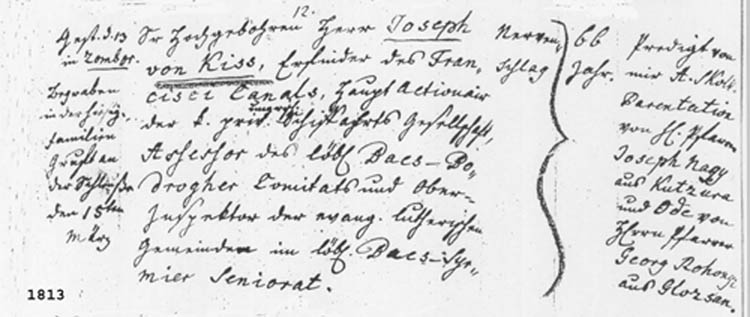 |
The highly nobel Josef von Kiss, inventor of the Francisci channel, (Franzenskanal) main shareholder of the royal christian Hungarian shipping association, assessor of the laudable Bacs-Bodrogher Komitat and main inspector of the evangelic-lutherian communities in the laudable senior council of Bacs-Syrmia. Cerebral stroke at age 66, sermon by A. Skol?, parentation by priest Joseph Nagy from Kutzura and ode by priest Georg Rohony from Glozsan, died the 13th in Zombor. Burried in the local family crypt at the watergate on March 15. |
We only know Joseph von Kiss as measurement engineer of our hometown Sekitsch. He was born on March 19, 1748 in Ofen and died on March 13, 1813 in Sombor. His complete sphere of action is less known though.
So here is a short list of his complete activities
:
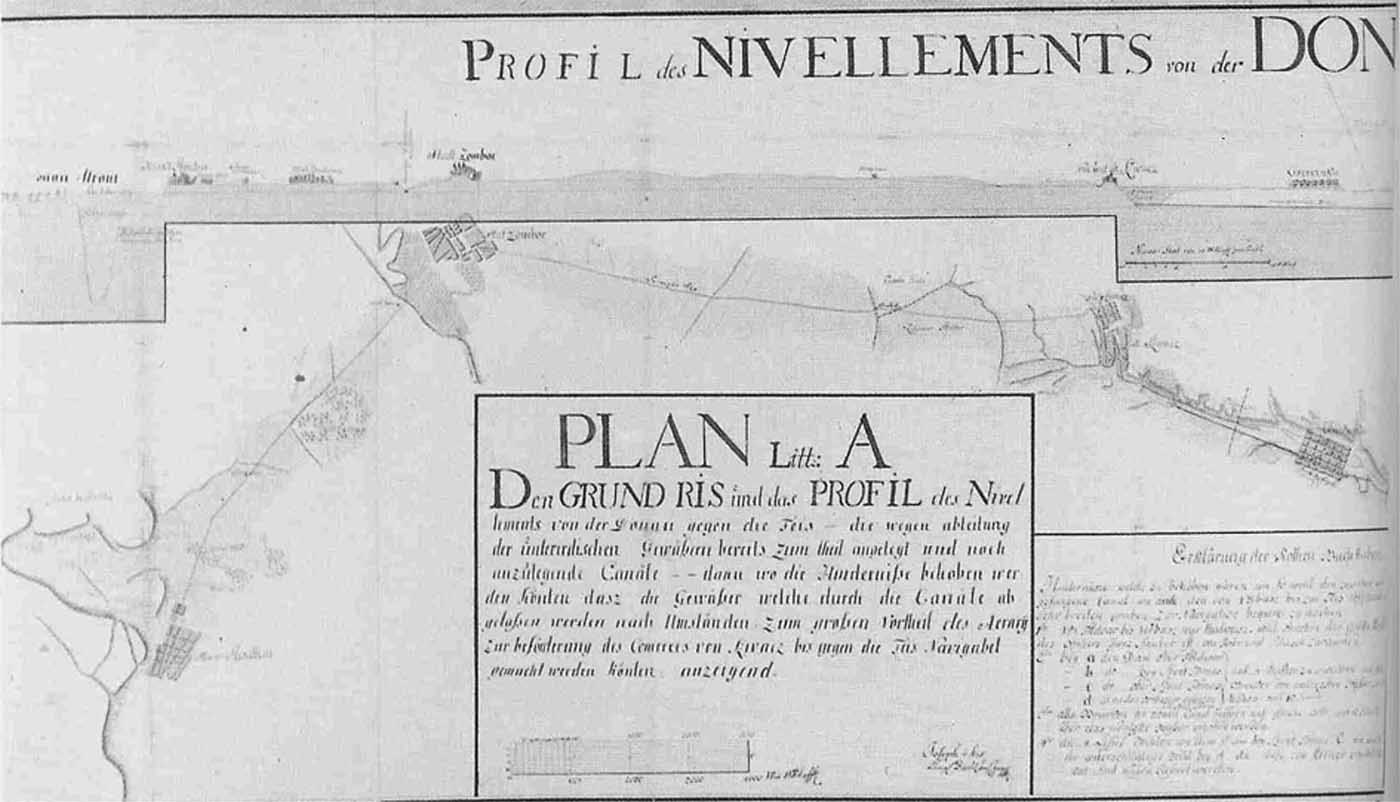 |
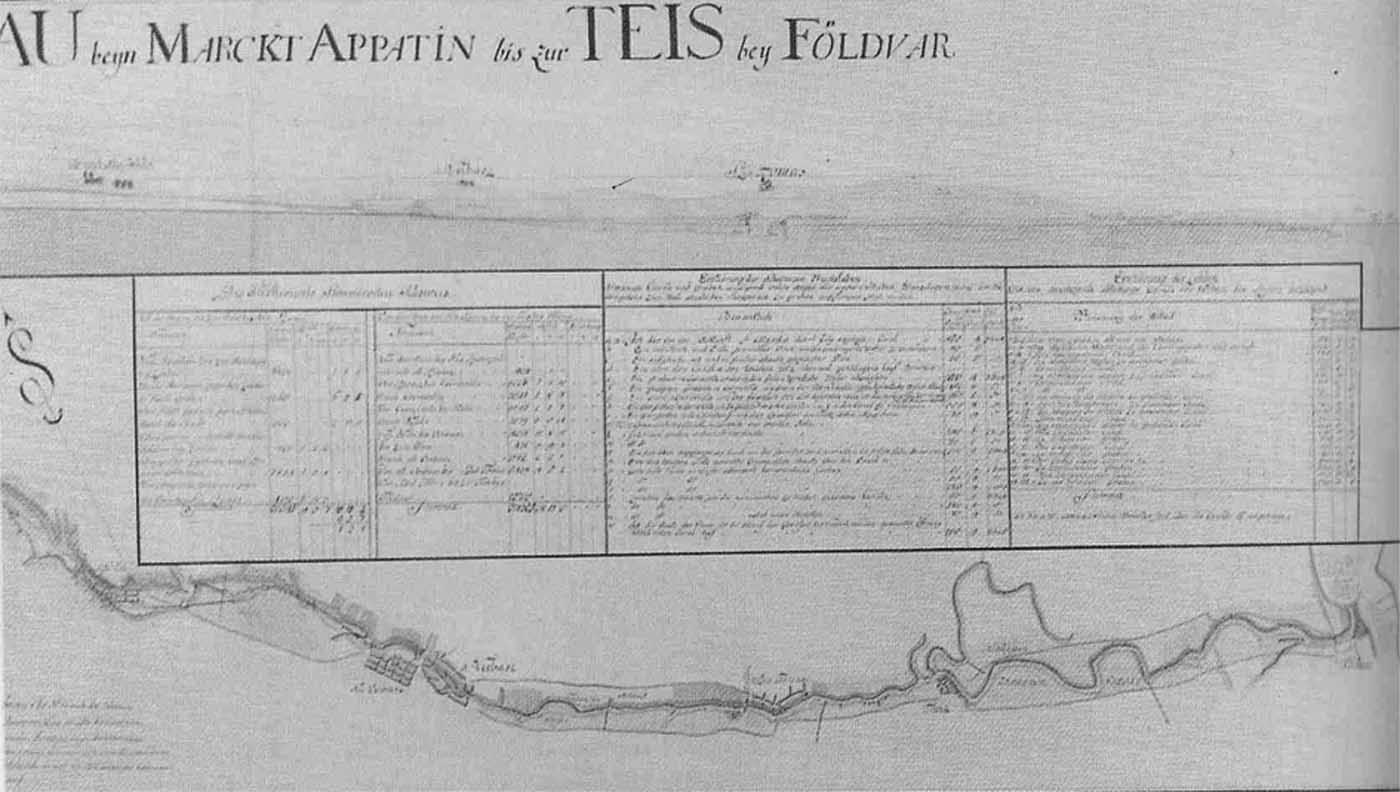 |
 |
On the occasion of the general assembly of the Association of the Donauschwaben in the USA, which took place in New York in 1975, one of the most prolific personalities of the Donauschwaben in the United States of America, Peter Max Wagner, was honored with an artistic bronze plaque in bas relief, bears the following engraved inscription.
With this honor the general assembly of the association recognized the tireless mission, his great material sacrifice, and the loving trust of his countrymen in need in the most difficult time of the history of our origins. He was one of the first who recognized the need of the refugees after World War II, organized the immediate help measures and through his assistance work, which spread over the whole United States, saved the lives of countless people. His efforts to change the immigration laws and many of our countrymen owe thanks for the integration of the new immigrants who have found a new homeland in America.
Peter Max Wagner was born on the 4th of August 1898 in Sekitsch in the Batschka. He heard from many who returned home from the war who as a consequence of the border closing and a change in state politics connected with it after 1918 searched for a new homeland. He found it in America.
From the passenger document the "Saturnia" it emerges that he commonly embarked in Cherbourg with some Sekitsch countrymen as a single lad 22 years old.
In the states he was quickly settled and could build a solid existence in the knitting trade. That he did so for his countrymen, those who fled, have inserted, that they have not forgotten. They called him : Donauschwaben" |
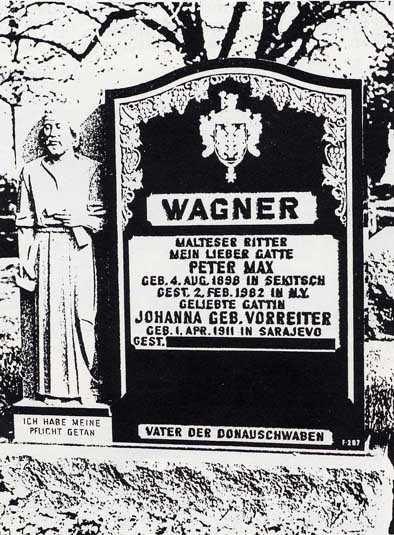 |
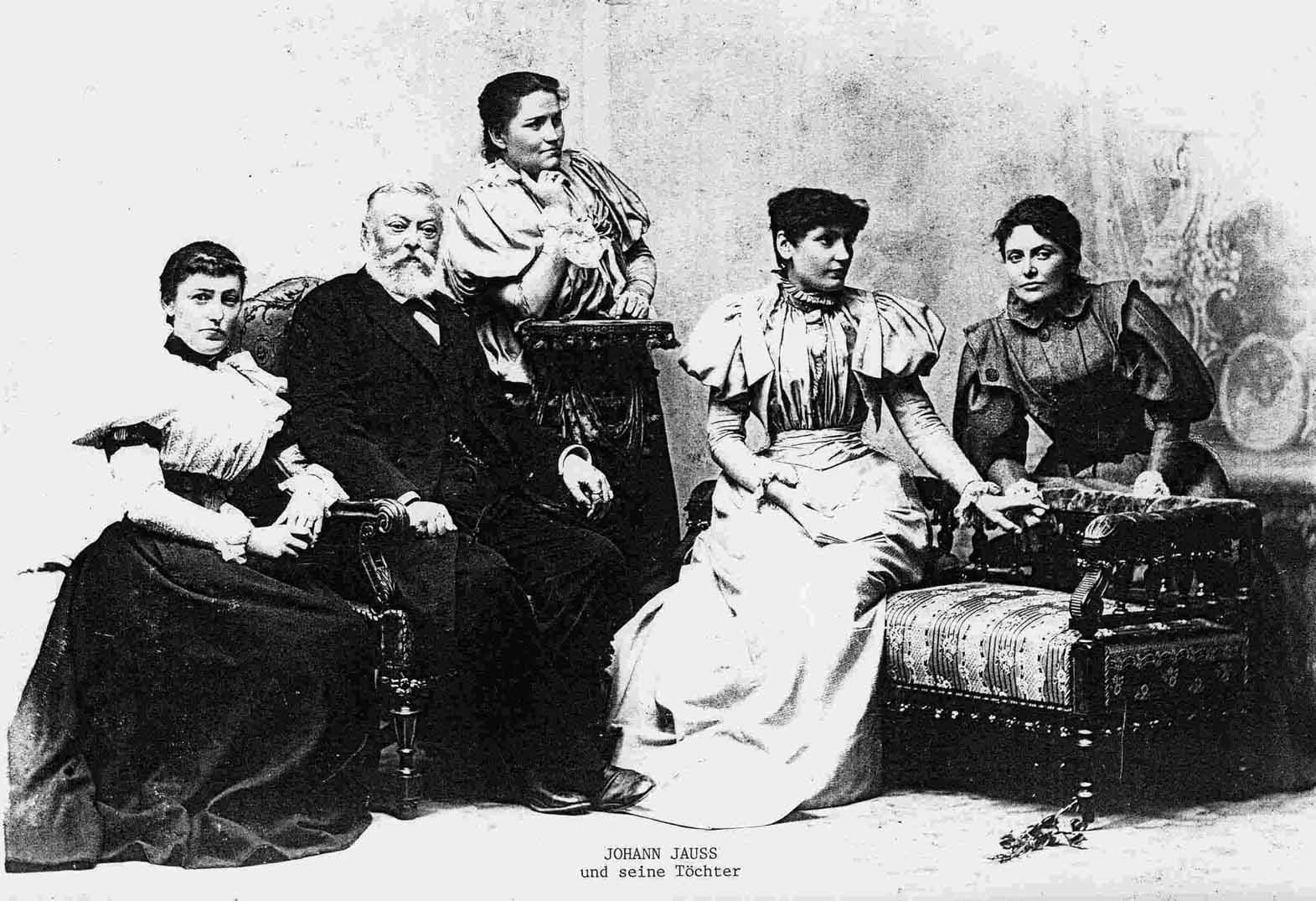 |
Johann Jauss was the first family researcher in Sekitsch. He drew up the family trees of his families Jauss and Huth.
In 1891, he registered, in an extremely short amount of time, the families that lived in all the houses, together with their birth dates and then evaluated this then current census into a unique sort of documentation. Thanks to his foresight, this unique documentation, which has a certain amount of unity within it, has become, today, one of the most important sources for family history researches from Sekitsch.
Dear "Seghegy", dear Fellow Citizens,
Take, yes, receive this small gift of love, this book, with the same upright love with which I dedicate it to you and offer it to you, and [if you do this] I will be more than compensated for my troubles, my financial outlays, my sacrifices, and my being kept awake at night!!
Philipp Sandles is one of the few witnesses of the time of the survivors of the expulsion. Despite the personally experienced sorrow over the loss of his whole family in the extermination camps, he set himself apart a decade ago working in the past and the history of his homeland, Sekitsch.
V Looking ahead he had already begun for later generations in 1963, to collect and archive countless material for the village history and to work on this in a homeland book " Sekitsch - Erlebte Heimat " (Sekitsch - Beloved Homeland) was published in 1977 and was counted as one of the best written homeland books in the Donauschwaben literature at the time just because the typical "Sekitsch person" with all of his strengths and inadequacies was described. At the same time this book is a confession and appeal to humanity.
In 1989 his book " Mottersproch " was published in which he worked on the special dialect of Sekitsch. This book is a true treasure trove for the Donauschwaben dialect researcher.
One very emotional work is the poetry cycle " Donauschwaben " which he dedicates to his mother who died in the Kruschewlje extermination camp.
In one further extensive work Philipp Sandles contributed to the publication of the book " 50 Jahre Vertreibung " (50 Year Expulsion) in 1994, which contains 36 original reports which were written down by people from Sekitsch and Feketitsch who were affected.
In his function as editor of the " Sekitscher Bote " Philipp Sandles has never forgotten his homeland. Tirelessly he collected for the publication of his family books documents and materials, investigated among other places in the Hungarian archives.
Like no other he invested much time and expenditure and collected true finds, which for the village and family research are of extraordinary interest, prepared this and commentated on it. Further works by Philipp Sandles which have not been published so far:
| Donauschwäbische Gedenktage (ohne Batschka) (Donauschwaben Memorial Day (without Batschka) | 48 pages | |
| Die Batschka. Deutsches Siedlungsgeboet in Südosteuropa (The Batschka. German Settlement Region in Southeast Europe) | 158 pages | |
| Schriftenreihe " Heimat Sekitsch" 1 und 2 (Series of writings "Sekitsch homeland 1 and 2) | 18 notebooks | |
| Kurzgeschichten in Sekitscher Mundart (Short Histories in Sekitsch Dialect) | 32 pages | |
| Sekitscher Mundart (Sekitsch Dialect) | 41 pages | |
| Rückblende, Gedichte und Kurzgeschichten (Flashbacks, Poems and Short Histories) | 66 pages | |
| Verordnetes Sterben (Prescribed Deaths) | 70 pages | |
| Definition und Aphorismen (Definition and Aphorism) | 42 pages | |
| Festschrift " Sekitsch 1786-1986 " (Commemorative Writing "Sekitsch 1786-1986") | 60 pages |
| Batschka - Deutsches Siedlungsgebiet in Südosteuropa - - Stichworte -(Key Word) - | 96 pages | |
| Tausend Jahre Batschka - Stichworte - Historisches und siedlungsgeographisches Stichwortverzeichnis (Thousand Years of Batschka - Key Word - Historical and settlement geography key word index) | 312 pages |
In the truest sense of the word Gottfried Schiffler embodies the Sekitsch people who love their homeland until today and has been involved in Sekitsch like hardly anyone.
Gottfried Schiffler is the son of the butcher Gottfried Schiffler and his wife Magdelena Tauß. He lived in Sekitsch in the front. Already in childhood he had taken over many tasks, which assured the well-being of the family. By delivering his father’s butcher shop products he came into contact with many if not all of the Sekitsch people. He knew each corner of the village and knew information about most families. It is a great stroke of luck for us that we could also learn to know him personally. He has told us much about Sekitsch and we think fondly of the leisurely hours that we have spent with him at home with his wife Christine and also still spending with him.
Especially his Sekitsch humor gave us much joy and demanded almost nothing for it, always enquiring again.
In the course of time he has been a good friend and advisor to us.
For many years Gottfried Schiffler was the committee chairman of the Sekitsch / Feketitsch Homeland Village Community (HOG) and shared in the decisions of the organization of the social life. On the strength of his knowledge he obtained the church books of the village from which he has spent countless hours copying and has made accessible as computer data.
Despite his age Gottfried has a full life and a filled up course of the day. He involves himself in several associations, among others he is a singer in the Shantyclub of Wardenberg. His big hobby, active bowling, where he has won many prizes, he has given up in between but always gladly took part in all the bowling events. Many Sekitsch people still keep in contact with him today, and often the telephone does not stay silent. On visits in these days Gottfried shows us “Wurstmachen” (making wurst) of the Sekitsch type. The wurst is excellent. Thank you, Gottfried!